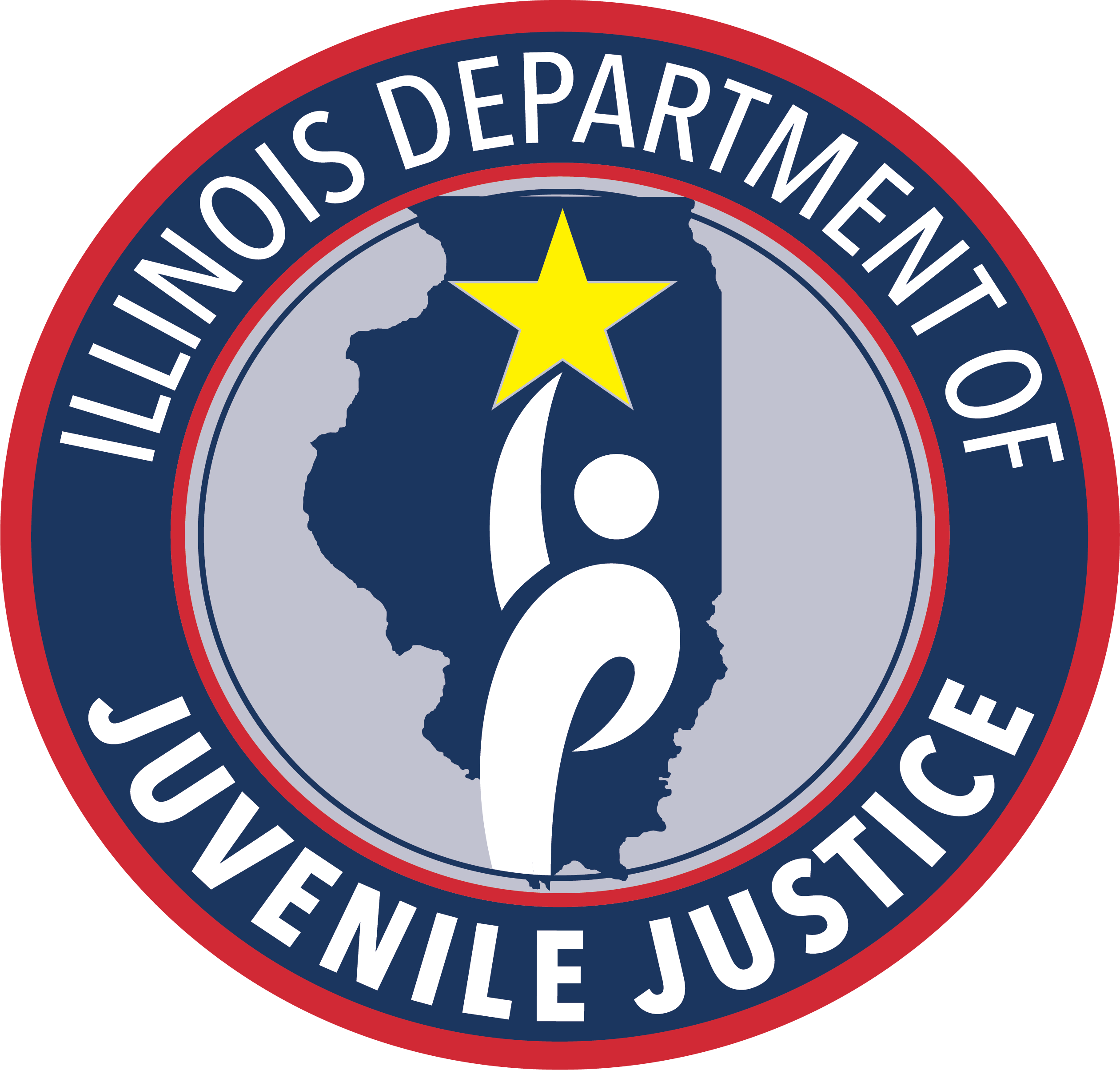Youth Services
Servicios para Jóvenes
Assessments
Substance Abuse Treatment
Mental Health Treatment
Individual and group counseling
Case management
Health care
Education
Chaplaincy
Volunteer Services
Leisure Time Services
The Department of Juvenile Justice places a high importance on evaluating the mental health needs of the youth committed to the Department. All youth are screened by a mental health professional upon admission to any of the facilities. The Department also implements evidence-based screening and assessment tools at the Reception and Classification sites. All facilities have mental health professionals available for emergency and on-going mental health services.
Substance Abuse Services
Treatment
All youth are evaluated during the Reception and Classification process to determine their substance use treatment needs while in the care of the Department of Juvenile Justice. If a youth is identified as needing Level 1 treatment (Outpatient) or higher, they will be required to participate in treatment prior to being released.
When youth arrive at their facility, they are placed on the substance use treatment waitlist and are moved into the substance use treatment program accordingly. Their length of programming is based on completing each of the four phases of treatment. Each phase of the program has treatment assignments that youth must complete as well as behavioral expectations maintain to graduate the phase. As youth complete each phase of the program, they may be eligible for Target Release Date reductions.
As youth transition back home, they will be linked with community-based treatment services to continue substance use disorder treatment. The youth's Aftercare Specialist will work with the in-facility treatment team to best determine a treatment location suitable to their treatment needs as well as convenient to their home.
Education
If youth are not identified as needing Level 1 or higher substance use treatment, they will be offered Substance Use Education Groups. Participation in Substance Use Education Groups is voluntary. If a youth participates in all sessions and pass the post-test with a score of 70% or higher, they may be eligible to earn a Target Release Date reduction. If they do not score 70% or higher, they will have the option to retake the class to obtain the needed post-test score and receive the Target Release Date reduction. Youth can only receive a Target Release Date reduction once during your time with DJJ.
Religious Services
DJJ provides opportunities for youth to practice their religious beliefs within the context of safety, security, rehabilitation, institutional order, space and resources.
Participation in religious activities is voluntary. Youth will not be pressured to join or participate in activities of any particular religion. Youth are welcome to participate in activities of their own designation or non- denominational religious activities. Should youth wish to participate in another faith’s activities or change your religious affiliation, they submit a written request to the Chaplain or Assistant Superintendent of Programs.
Youth are permitted to abstain from foods that violate their required religious diets. Food Services will identify any food containing pork products and provide an alternative. If youth have any specific dietary restrictions based upon religious beliefs, they will contact the Chaplain or Assistant Superintendent of Programs who will review the specific requests. Specific holiday dietary restrictions must be requested 45 days in advance of the holiday. If youth are not adhering to an alternative diet, it may be discontinued.
Youth may have up to two traditionally accepted religious symbols which have been authorized by the Religious Practice Advisory Board and which represent their designated faith. These may include but are not limited to medals, medallions, scapulars, or prayer beads. Religious candles and incense are restricted to chaplain use only. The Superintendent may restrict the color of religious items. For example, Rosary beads shall be of solid color, black, brown, or white and youth are not permitted to wear them as jewelry. Religious pins are not permitted. Prayer rugs, robes, prayer shawls, fezzes, kufis and yarmulkes are limited to a youth's room, during a religious service, or other group activities performed for religious reasons.
Youth may request religious activities or rituals not regularly offered by DJJ to Chaplain or Assistant Superintendent of Programs. Youth shall be relieved from a work assignment, without pay, on a recognized religious holiday or celebration which prohibits work or if the assignment violates youth's faith. These requests must be submitted in writing to the Superintendent no less than 30 days prior to the holiday.
Youth may receive religious publications in the mail and through donations distributed by programs staff.

